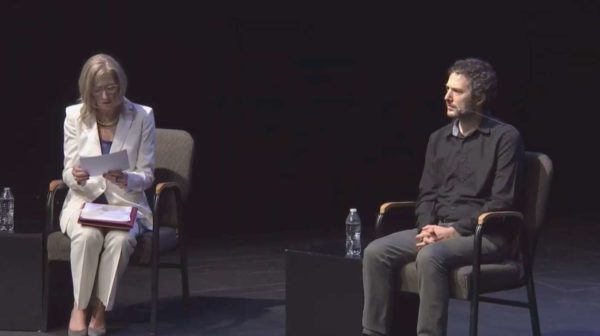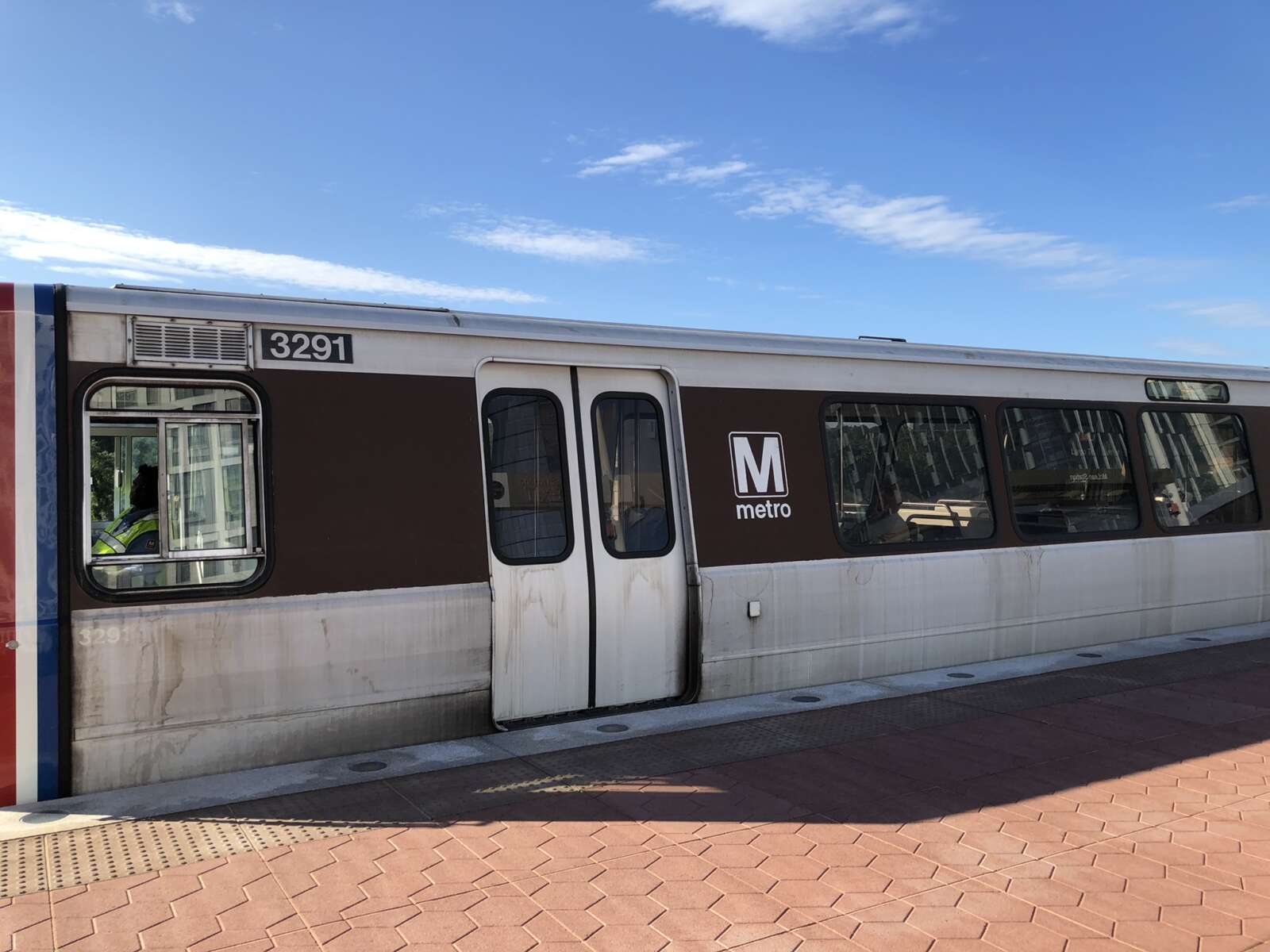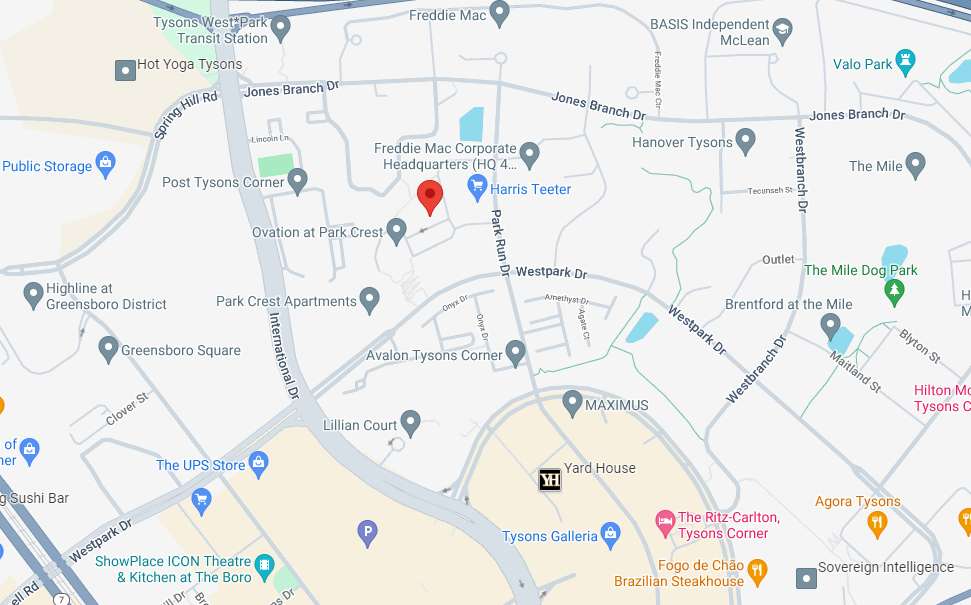For the fourth year in a row, the Tysons 2050 event has put forward a rosy view of the future of the area, but this year, those lofty dreams are weighted down by some harsh realities about challenges ahead for Tysons.
Sponsored by the Tysons Regional Chamber of Commerce, the event features voices from different industries around Tysons discussing what lies ahead for the region. Those experts recognized that the future is harder to predict this year. COVID-19 is on the rise again nationally and locally, and the onset of winter is leaving many businesses that had gone outside for activities scrambling for new solutions.
“What happens to offices and malls?” asked Sol Glasner, CEO of the Tysons Partnership. “I don’t know, and you shouldn’t listen to anyone who says they do know. The crystal ball is murky.”
Glasner said offices may need to be reconfigured, but he doesn’t believe the need for office space will fully disappear any more than retail will.
“Our shopping areas have proven adept to changing to consumer patterns,” Glasner said.
Mike Whatley, vice president of the National Restaurant Association, says one of the advantages for Tysons-area restaurants and retail is having more flexibility in using their space than their counterparts in D.C., like larger sidewalks for curbside pick-up.
“The ability to have extra space, to have extra flexibility, means restaurants will survive and thrive,” Whatley said. “When people are looking now and post-pandemic at where they want to live, you have to have that vibrant restaurant scene and culture.”
Whatley said one of the keys to surviving the season will be embracing going digital.
“Restaurants that survive are the ones that are embracing tech [and] communicating with customers,” Whatley said. “You do see a lot of them in the Tysons community, ones that are able to reach out to customers.”
Tony Hudgins, Vice President of TransitScreen, said ghost kitchens — food vendors that don’t operate out of a restaurant space — could take up a bigger role in the restaurant scene after the pandemic.
“Ghost kitchens will be bigger,” Hudgins said. “They’re not taking up real estate and communicating directly with customers.”
After the rise in take-out, Hudgins said many restaurants will be forced to ask whether or not they want to go back to having a dining space at all.
“Ghost kitchen is a changing concept,” Whatley said. “Many were in industrial spaces. But when you saw restaurants having to shut down, some never really reopened indoor dining and said ‘I can make it work just doing delivery and, long term, may downsize my location.'”
But beyond restaurants, others said there are things in Tysons that can’t shift as smoothly to a digital focus.
Alex Levy, artistic and managing director of 1st Stage, said that theaters don’t transition to online content as well as restaurants or retail might. There is space there, however, for theater to make a unique comeback and take lessons from the pandemic.
“I went to a show this weekend that was literally around a campfire with the actors telling stories and people distanced,” Levy said. “We’re going to find, like restaurants, we can go into other places and come to you, and be back out in the community and gather in symbolic or actual campfires and caves and tell stories again. I think that’s going to be an important part of coming back together.”
Levy also said Fairfax will need to double down on its support for arts, though, if it wants it to survive the pandemic.
“We need to put more investment into art funding,” Levy said. “We can say it’s important, but no reason for it to start here as opposed to over the bridge of in Arlington County, where there’s more funding and support. It doesn’t happen organically. It needs support and funding with real meat on the bones. I think that’s starting to be part of the conversation in Fairfax and Tysons, but we’re not there yet.”
Levy said Tysons will eventually need to confront that many of the families working jobs in Tysons are unable to live in the growing community. As in other places, Levy said the pandemic has highlighted the deep economic divide in Tysons.
“We still have not a lot of easy access for families,” Levy said. “We still have an affordability issue. We have residential and it’s coming together, but we need to be honest and make sure we have access for all kinds of folks in our community.”
Image via Tysons Regional Chamber of Commerce






